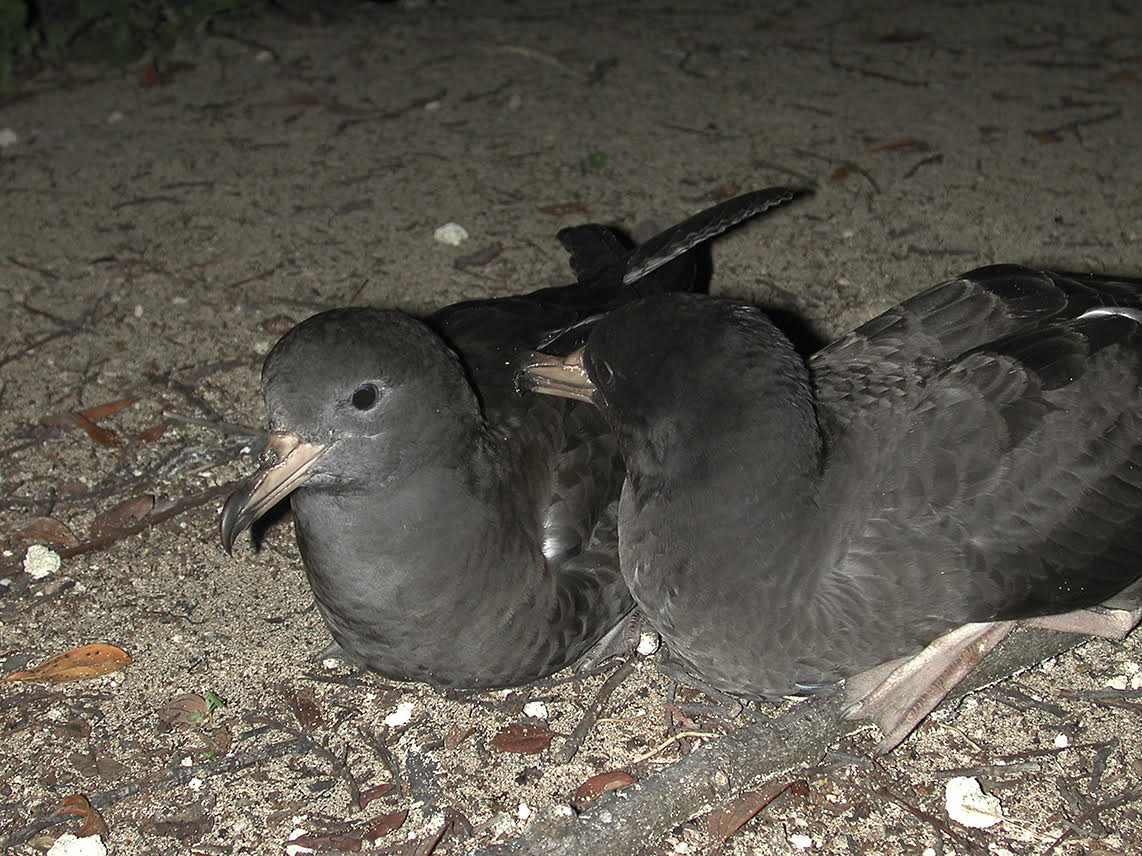Jennifer Lavers (Institute for Marine and Antarctic Studies, University of Tasmania, Battery Point, Australia) and colleagues have published in the journal Environmental Science & Technology on the sublethal effects of ingested plastic in the ACAP-candidate species and globally Near Threatened Flesh-footed Shearwater Ardenna carneipes.
The paper’s abstract follows:
“Pollution of the environment with plastic debris is a significant and rapidly expanding threat to biodiversity due to its abundance, durability, and persistence. Current knowledge of the negative effects of debris on wildlife is largely based on consequences that are readily observed, such as entanglement or starvation. Many interactions with debris, however, result in less visible and poorly documented sublethal effects, and as a consequence, the true impact of plastic is underestimated. We investigated the sublethal effects of ingested plastic in Flesh-footed Shearwaters (Ardenna carneipes) using blood chemistry parameters as a measure of bird health. The presence of plastic had a significant negative effect on bird morphometrics and blood calcium levels and a positive relationship with the concentration of uric acid, cholesterol, and amylase. That we found blood chemistry parameters being related to plastic pollution is one of the few examples to date of the sublethal effects of marine debris and highlights that superficially healthy individuals may still experience the negative consequences of ingesting plastic debris. Moving beyond crude measures, such as reduced body mass, to physiological parameters will provide much needed insight into the nuanced and less visible effects of plastic.”

Flesh-footed Shearwaters on Lord Howe Island, photograph by Ian Hutton
Read a press release and a popular article on the pubication.
Reference:
Lavers, J.L., Hutton, I. & Bond, A.L. 2019. Clinical pathology of plastic ingestion in marine birds and relationships with blood chemistry. Environmental Science & Technology doi.org/10.1021/acs.est.9b02098.
John Cooper, ACAP Information Officer, 07 August 2019

 English
English  Français
Français  Español
Español